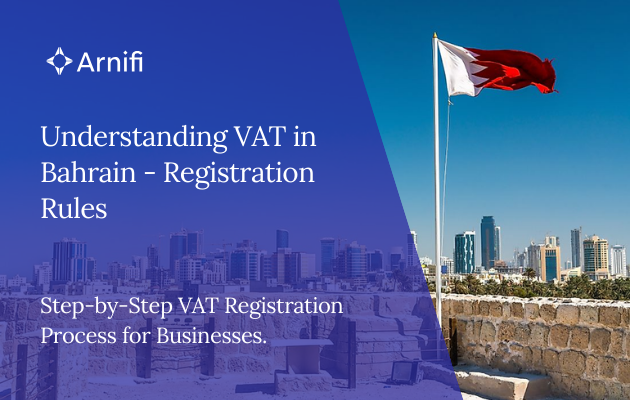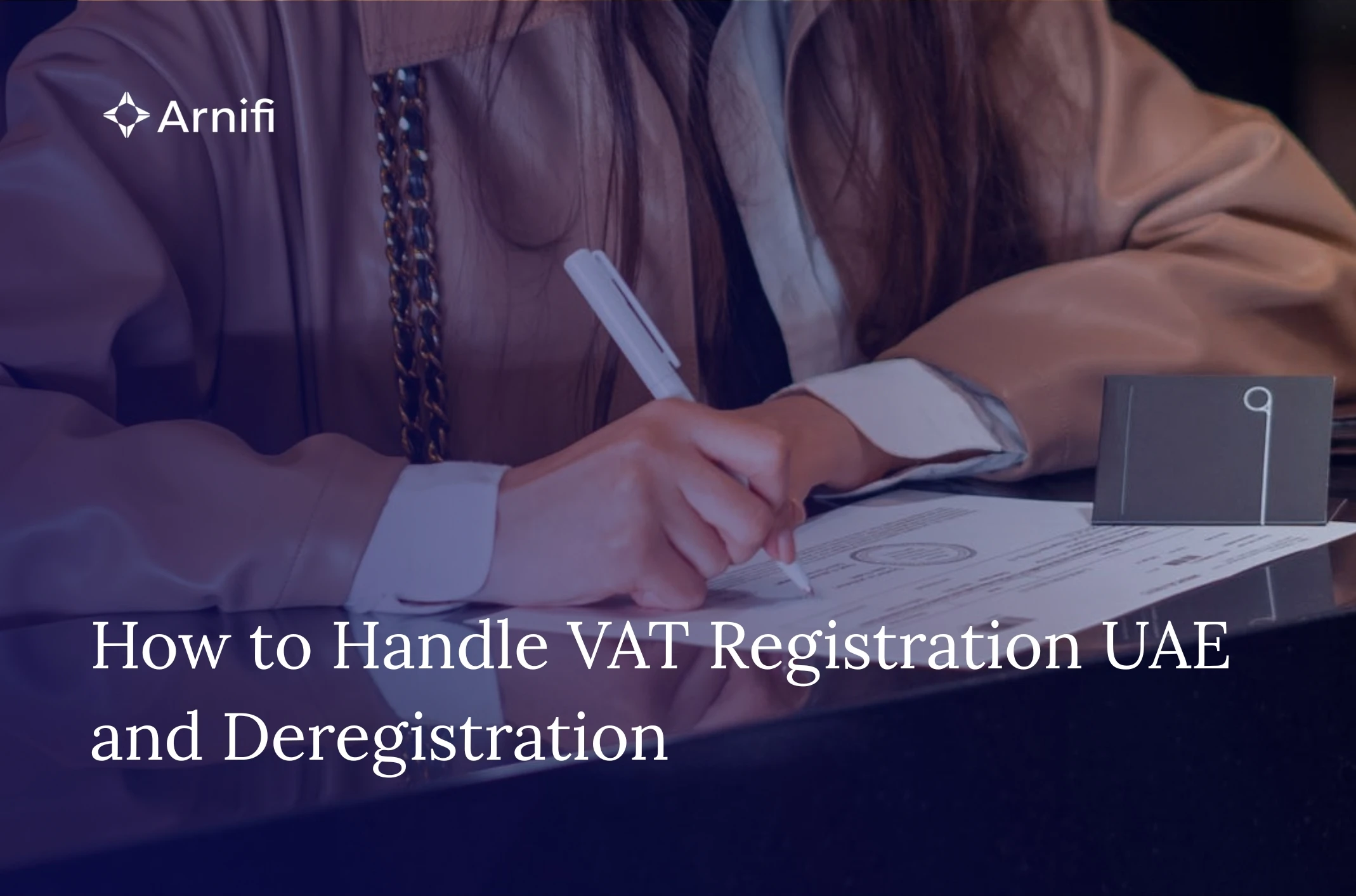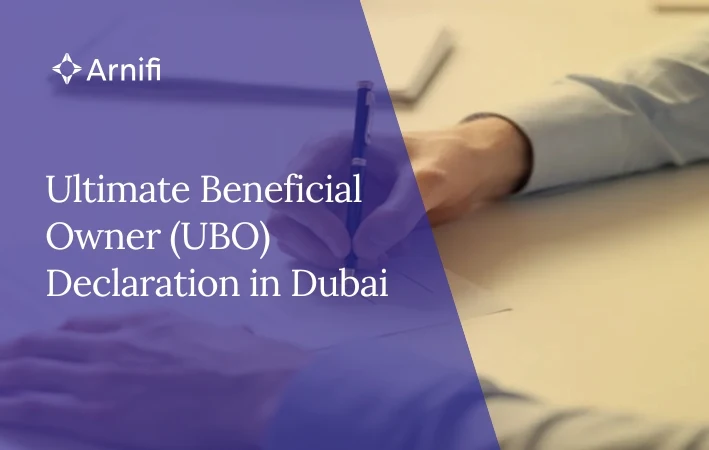Tax Compliance-BAHRAIN
by Shethana May 09, 2025  7 MIN READ
7 MIN READ

Bahrain is famous for its liberal tax environment, with no personal income tax, sales tax, capital gains tax, or property tax levied on individuals or businesses. No general corporate income tax is also levied on companies in other sectors than oil and gas. An important exception is for those companies engaged in the oil and gas sector. Both domestic and overseas businesses that run in this line of business—namely, those that do the extraction, processing, or refining of hydrocarbons (fossil fuels) within the country—are levied with a corporate tax. 46% of their net profits are charged over each tax accounting year. This tax is imposed irrespective of the taxpayer’s country of residence, thus qualifying as a sector-specific tax and standing out in Bahrain’s tax-free economy.
Bahrain introduced Value Added Tax (VAT) on 1 January 2019 under the GCC-VAT Framework with a standard rate of 10% currently. VAT registration is required for Bahrain-resident businesses with taxable turnover above BHD 37,500 in a year and optional above BHD 18,750. The majority of non-resident businesses are required to register when they make their first taxable supply in Bahrain. Bahrain also levies Excise Tax, introduced on 30 December 2017, at 100% for tobacco and energy drinks, and 50% for soft drinks. Customs Duty is commonly 5% for imported items, with higher charges for some items: 225% for alcoholic beverages, 200% for cigarettes, and 20% for some items such as paper and aluminum products.
Table of contents
When to Register for VAT?
Voluntary Registration
- A business can voluntarily register for VAT if:
Its annual supplies or expenses in Bahrain were more than BHD 18,750 in the previous 12 months; or
- It anticipates its annual supplies or expenses to be more than BHD 18,750 within the next 12 months.
Mandatory Registration
- A business is required to register for VAT if:
Its annual supplies in Bahrain were more than BHD 37,500 in the previous 12 months; or
- It anticipates its 12-month provisions to be over BHD 37,500 for the coming year.
Frequency of VAT Filing
- Monthly Filing: Taxable turnover is more than BHD 3,000,000 per annum
- Quarterly Filing: Taxable turnover is less than BHD 3,000,000 per annum
- Annual Filing (Optional): Taxable turnover is less than BHD 100,000 per annum
Due date for VAT filing
Last date of the month next succeeding the tax period in which the taxable amount is arising.
This includes monthly, quarterly, and annual filings depending on the turnover of the business.
VAT Tax Rates
Standard Rate is the basic rate of 10% that is applied to all taxable goods and services unless they are zero-rated or tax-exempt.
Zero-Rated Supplies
A zero-rated supply is a taxable supply that is charged VAT at 0%, allowing businesses to claim input VAT credits on related purchases.
Zero-rated supplies are
- Basic food items
- Education and healthcare services (subject to specific conditions)
- International transport
- Exports of goods and services
Exempt Supplies
An exempt supply is a non-taxable supply where no VAT is charged, and businesses cannot claim input VAT on related purchases.
Some examples of tax-exempt goods and services include:
- Financial services (as defined by the VAT law)
- Residential real estate (the first sale may be zero-rated)
- Local passenger transport
Documents required for VAT registration
| CR Certificate (or Certificate of Incorporation for non-residents) | |||
| ID with address proof (for individuals) | |||
| Contact person’s ID | |||
| Authorization letter (if not an authorized signatory) | |||
| Bank letter with company name & IBAN | |||
| Audited financials/income statements (past & forecast) | |||
| Supply breakdown | |||
| Non-resident verification (if applicable) |
STEP-BY-STEP VAT REGISTRATION PROCESS
Step 1: Log in to the NBR Website
Go to https://www.nbr.gov.bh using Google Chrome for optimum performance.
Step 2: Register an Account
- Register on the NBR portal.
- Get two emails: one with the User ID, and one with a temporary password.
- Log in, reset your password, and open the portal.
Step 3: Begin VAT Registration
Login and agree to registration terms.
Complete the VAT application (6 sections):
1. Eligibility Criteria – Questionnaire
2. VAT Payer Details – Business and legal information
3. Contact Details – Contact person details
4. Economic Activities – Business activities
5. Bank Details – IBAN and bank details
6. Financial Details – Turnover, expenditure, and supporting documents
Step 4: Receive Confirmation
- You will receive confirmation through SMS and email after approval.
- Download your VAT certificate from the “My Documents” section on the portal.
Document list for VAT filing
| Sales invoices | |||
| Purchase invoices | |||
| Import/export documents | |||
| VAT calculation sheet | |||
| Supporting docs for adjustments | |||
| Optional: extra info (invoices, payments, etc.) if requested |
STEP- BY STEP PROCESS FOR VAT FILING
Step 1: Log In
Go to www.nbr.gov.bh and log in using your User ID and password.
Step 2: Go to VAT Returns
Go to “VAT” > “VAT Returns”, filter as “Not Filed”, and click on the return period.
Step 3: Start Return
Accept instructions and start completing the form. Save the draft at regular intervals.
Step 4: Review Details
Review pre-filled VAT payer details. Update online or contact NBR if necessary.
Step 5: Fill Form
Enter financial information. VAT is automatically calculated—check all amounts.
Step 6: Upload Documents (If Required)
Upload invoices, customs documents, etc. Required if amending a return.
Step 7: Submit
Check, confirm the declaration, and submit. Drafts are valid for 45 days.
Step 8: Confirmation
Get confirmation on screen, by SMS, or by email-Download the receipt.
Penalty
Non-registration for VAT within 60 days of the required date in Bahrain can incur a penalty of BHD 10,000.
Conclusion
Bahrain is a tax environment that is very business-friendly with no general corporation or personal income taxes, but a 46% tax applied to oil and gas businesses. Since the roll-out of VAT in 2019, clear rules for filing, registration, and compliance have been upheld in the country. With a fixed standard rate for VAT at 10%, zero-rated and exempt supplies are covered under provisions that require businesses to remain compliant test they face punishment such as the BHD 10,000 fine for registration delays. Overall, Bahrain’s tax regime continues to be simple and business-friendly.
Top UAE Packages

Related Articles
Top UAE Packages



